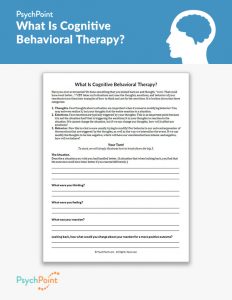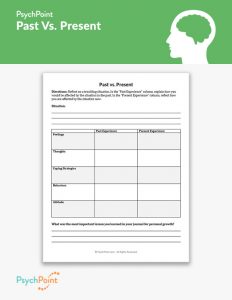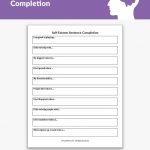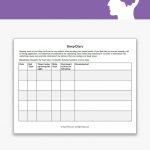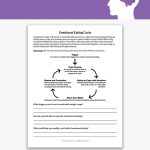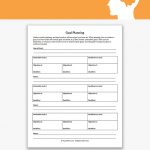Cognitive Distortions: Emotional Reasoning Worksheet
Worksheet updated on March 5th, 2021
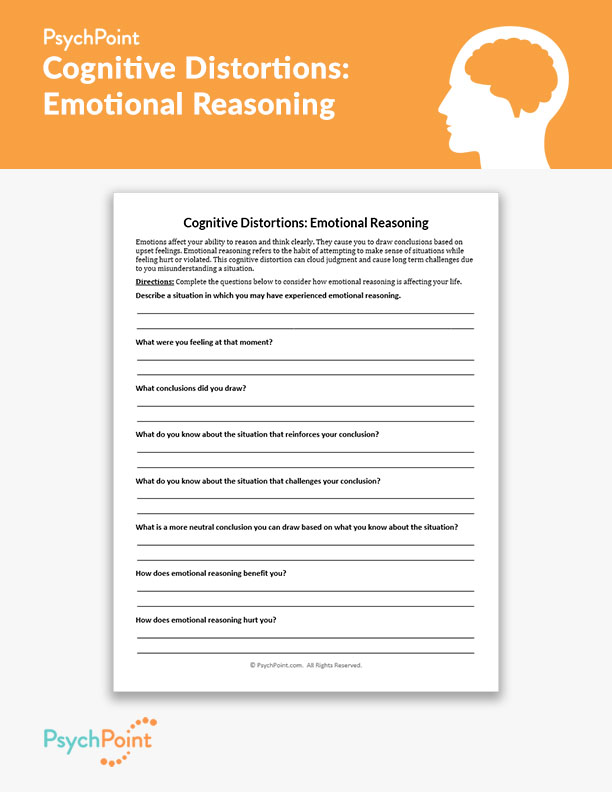
Emotional reasoning can be a major barrier in a client’s progress in therapy. When a client uses emotional reasoning to understand the world around them, they develop a poor self-image and distrust for people around them. Emotional reasoning can cause a client to have unrealistic expectations and misunderstand the reality of the challenging situations they face.
When a client reasons with emotions, they are not able to clearly see logic. This is why it is important to teach clients how to stop the pattern of emotional reasoning. Explaining to a client what emotional reasoning is and how it can be harmful to them is a great way to help them gain a healthier perspective of upsetting challenges. It can also help to boost self-esteem.
About This Worksheet
This is the Cognitive Distortions: Emotional Reasoning worksheet. On this worksheet, a client is given time and space to reflect on their habit of emotional reasoning. This helps them be able to understand how their emotions are influencing their outlook on a challenge. It also helps them to understand how emotional reasoning can be harmful to their self-image.
This worksheet uses concepts of cognitive behavioral therapy. It can be useful for adolescents and adults. The worksheet can be used in individual or group counseling sessions.
Instructions
Begin the work by explaining what emotional reasoning is to the client, and how you see the pattern in their thinking. Explain to the client how it can be harmful for them, and give insight on how challenging emotional thoughts could help the client feel better.
Allow the client time to complete the reflection questions. When the client is finished, review the responses with them. Emphasize the reflection questions that ask about the costs and benefits of emotional reasoning. This will help the client understand how their emotional reasoning is affecting their internal self-talk.
Download Cognitive Distortions: Emotional Reasoning Worksheet


